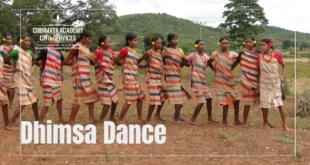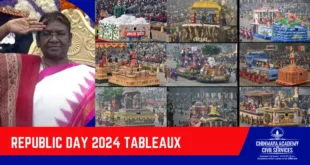Will a “feminist dictionary” help men and women get a better understanding of contemporary rights movements and shift in laws — the #MeToo campaign and the ruling on Section 377, to name a few — that are changing the fabric of society? Women’s studies scholar H.S. Sreemathi thinks so. She has recently published a dictionary in Kannada that interrogates and scrutinises patriarchy. It is not a dictionary in its truest sense as it doesn’t just list synonyms, but has notes trying to reconstruct words from a woman’s perspective. The dictionary is a compilation of 444 words and includes seemingly gender-neutral terms like “city” and “technology”. “I show how they are actually male constructs that exclude women, but claim to be inclusive and objective,” she said, citing the example of the word “city” with segregated work and residential spaces. According to Ms. Sreemathi, a city as we define it, was built from the viewpoint of a man who doesn’t shoulder household responsibilities but expects a woman to do so. “This has made the life of women who straddle both worlds difficult pushing many out of jobs,” she said. Bettering women’s lives The dictionary entry for the word “technology” explains how feminists including Simone de Beauvoir thought its advent would help better women’s lives. One of the examples given was contraceptives that would give agency to women. “But who controls this technology?,” Ms. Sreemathi asked. While there are a handful of feminist dictionaries in English, Ms. Sreemathi’s book, titled Feminist Dictionary , is a rare endeavour in a regional language. A retired professor from Kannada University, Hampi, Ms. Sreemathi was a literature scholar who built the women’s studies department from scratch at the university. “Women’s studies has failed to establish itself as an academic discipline. It also faces a lot of resistance from within the system. There is no adequate reading material for women’s studies, especially in regional languages,” she said. To solve this problem, she first translated feminist classics like Simone de Beauvoir’s Second Sex into Kannada. The feminist dictionary was a step to build terminologies in Kannada, she said. Early feminist theorists argued that women would achieve independence with education and a job. Today, women — especially in cities — have both, but they still find something lacking. “It is because the entire system — society, education and knowledge systems are male constructs. What feminism strives for is to make social life governed by norms, mores, rules and laws that are inclusive,” she said. “The backlash against the #MeToo movement shows the man is feeling threatened,” she noted.
Source : https://www.thehindu.com/todays-paper/tp-life/a-woman-of-many-words/article25291821.ece
 Chinmaya IAS Academy – Current Affairs Chinmaya IAS Academy – Current Affairs
Chinmaya IAS Academy – Current Affairs Chinmaya IAS Academy – Current Affairs



